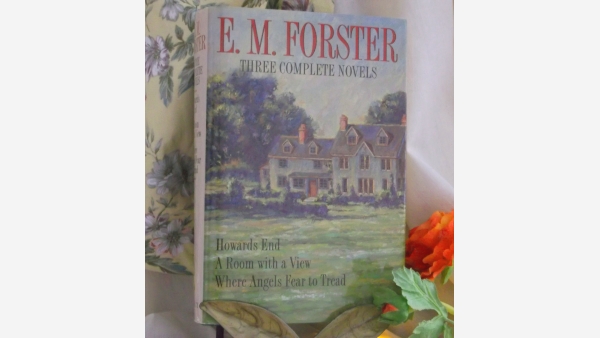

Observing and commenting how he debases, mistreats and degrades them.

A feminist analytical approach will be adopted in the realization of this research, in order to analyse the novel in depth, with a focus on Orwell’s portrayal of female characters. The selected texts reinforce patriarchal ideology, through the way Orwell portrayed his male and female characters. Although he has never used the word “Feminism”, in any of his fictional works, two decades after his death, the radical feminist, Daphne Patai accused him that he is anti-feminist, fundamentally because of his deprecatory stands towards women through his female characters. Orwell is better known by his political writing. This unfolds through a re-visitation of George Orwell’s fiction novels. show how women were depicted in literature after half a century of the struggle of the first wave feminist towards equality and stress the importance of theorizing the concept of patriarchy, as a first step to understanding women’s subjugation. One of the most explored themes since then was gender and patriarchy.

In the second half of the century, it is tried to study women’s social positions and their rights compared to the male counterpart. “The poor are poor one is sorry for them, but there it is,” growls the wealthy Henry Wilcox (Anthony Hopkins), the wealthy owner of Howards End and Margaret’s eventual suitor.īut screenwriter and frequent Merchant Ivory collaborator Ruth Prawer Jhabvala creates the sense that with the advent of suffrage, England’s class structures are becoming more elastic for both women and the working class.In the beginning of the 20th century, feminist literary theory was concerned mainly with the social and political role of women, as well as women’s role in literature.

A bit like its heroines, then, the Schlegel sisters, Margaret (Emma Thompson) and Helen (Helena Bonham Carter), champagne socialists whose progressive values and philanthropic impulses are tested by their emotional connections to men who sit both above and below them on the socioeconomic ladder. Their gorgeous, textured adaption of EM Forster’s 1910 novel is fierce and deeply romantic, political, emotion-led, respectful of music and literature, impeccably dressed and, in one of the characters’ own words, “overexpressive”. A new 4K restoration to celebrate its 25th anniversary means director-producer duo James Ivory and Ismail Merchant’s 1992 period drama is back on the big screen.


 0 kommentar(er)
0 kommentar(er)
